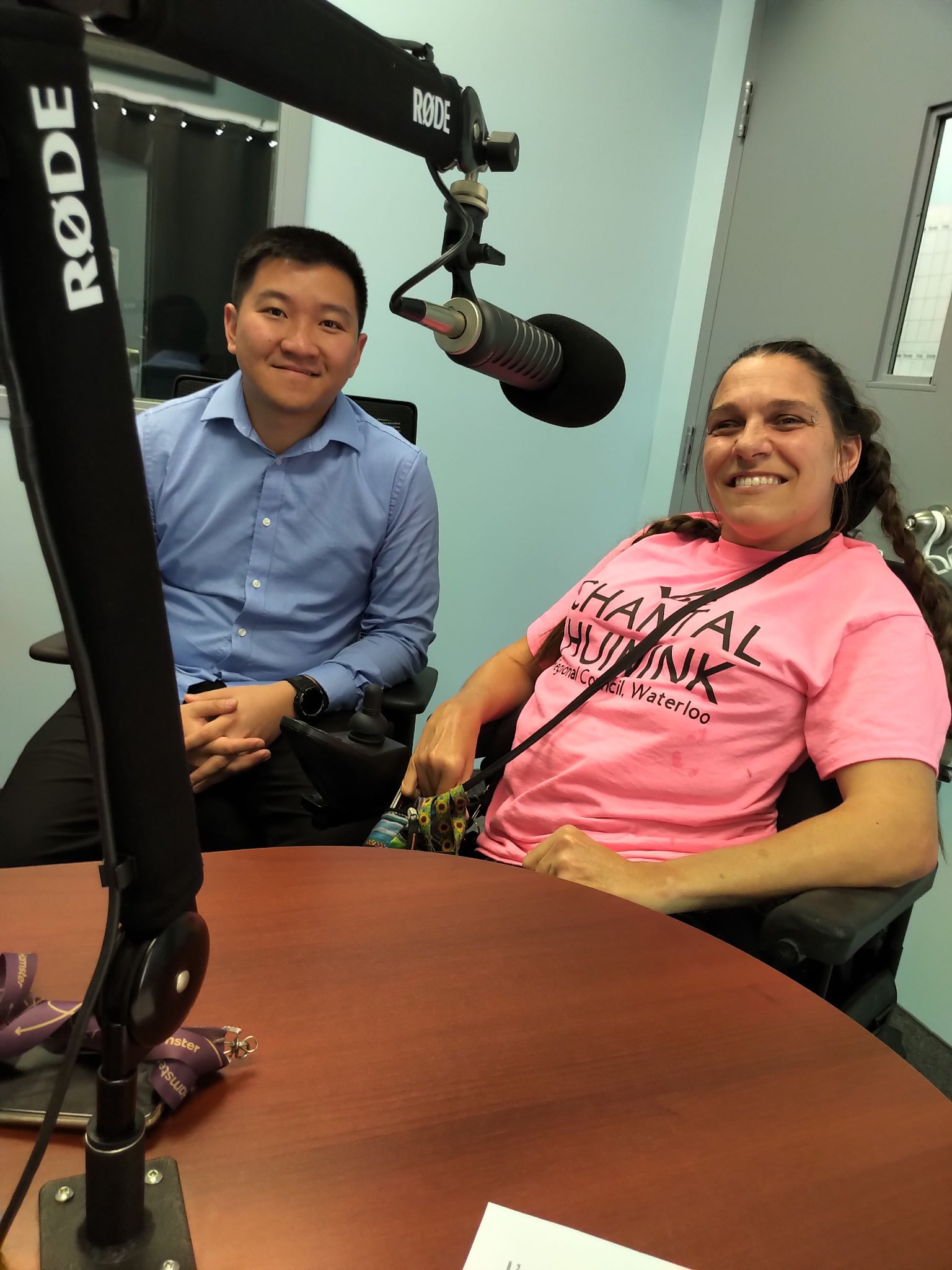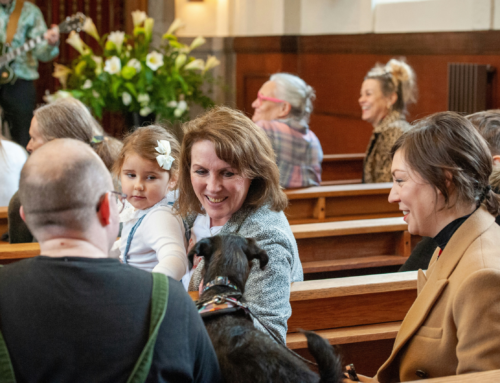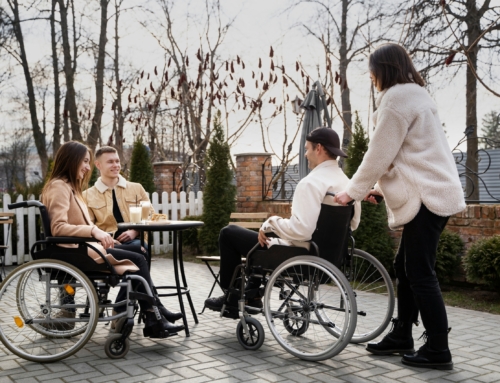In Part One of this series: Power in Policies Rather Than People, I considered Jesus, the ultimate example of someone who surrendered control and shared his power. His example is in contrast to the human desire to accumulate, if not hoard, power. In part one I also addressed some of the systemic barriers that Ontarians with disabilities face as well as the impact that feeling powerless to affect systemic change can have on people with disabilities.
Based on Jesus’ example I know that the key to shalom, or wholeness, and human flourishing is not found in the pursuit of power or obsession with control. Yet, at times I have found myself disheartened and discouraged, if not destabilized, by a lack of a sense of power or control over many domains of my life because most systems lack any flexibility or recourse for “customers” or recipients to affect change. If your personal care routines take longer than the time allotted by the attendant care agency, that doesn’t necessarily translate to more funding for personal care support. If your accessible taxi is very late or does not come, you can choose to either wait longer or to not go, but generally there are no repercussions for the taxi company or transit service. Being confronted by these kinds of injustices and inequities has left me craving a sense of control and any kind of power, especially that over my own life.
Beginning some years ago, following my achievements in postsecondary education and a declaration of my desire to go into ministry, thankfully, people like Joni Erickson Tada and organizations such as Christian Horizons empowered me to share my life experience, my faith in Jesus, and my professional expertise. It has felt so good!
It has taken me a long time to even consider sharing the power and platforms I have been given with others who are marginalized. I find this hard because admittedly I am fearful of giving up my power and feeling powerless again. At the Jesus Collective Summit in 2022, I became a little more comfortable with the idea of sharing my power and privilege because we talked about power in terms of a finite resource. If everybody had a little bit of power in relatively equal proportions, we would finally be on a level, accessible playing field with one another and I love that image! In an upcoming blog post called “The Impact of Shared Power” I will share more examples of sharing power and the impacts it has made on my life as well and others.
Chantal uses her power and her voice to advocate for herself and others, like when campaigning for a position on Wateroo Regional Council.



